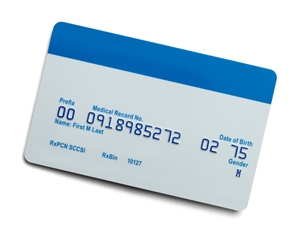
Even though the health exchanges have been live for more than a year, a substantial number of small businesses are still finding it difficult to provide employee benefits for their workers, according to The New York Times.
During the first annual open enrollment period, more than 10 million Americans were able to gain health insurance, based on analysis from the U.S. Department of Health and Human Services.
"We are committed to providing every American with access to quality, affordable health services and this study reaffirms that the Affordable Care Act has set us on a path toward achieving that goal," Sylvia Burwell, HHS secretary, indicated at the time. "This study also reaffirms that expanding Medicaid under the Affordable Care Act is important for coverage, as well as a good deal for states."
But there's fresh evidence suggesting that small business owners – perhaps due to limited resources – are running into a number of financial hurdles. Small business owner Nancy Smith, who runs a puppet theater in Arizona, told the New York Times that her company employs only a few people. Because the coverage type in her cost range are those with high deductibles, she and her employees opted to go it alone by buying individuals policies instead.
Questions swirl on how many workplaces will shop exchanges
The question many insurance experts have is how many small business owners will sign up for coverage during the second open enrollment, which launches Nov. 15. Federal officials admit that no one knows for sure how many companies secured plans through the federal marketplace last year, according to the NYT, and there's a degree of uncertainty for how many will opt to buy this year.
Linda Blumberg, a policy expert at the Washington, D.C.-based think tank Urban Institute, indicated that small businesses may have gotten short shrift last year because much of the focus was put on the individual marketplaces.
Still, HHS believes small businesses will have plenty of plan types to consider this year.
"Thanks to the Affordable Care Act, millions of small businesses and their employees will have more health care options, increased purchasing power and tax credits worth up to 50 percent of the employer's premium contributions," said Ben Wakana, HHS spokesman in an emailed statement to the New York Times.
A saving grace for small business owners is that the health law mandate does not include them. Companies with 50 full-time employees or fewer are immune from the ACA mandate for at least another year. However, with more than half of working Americans today getting employer-based coverage, according to data from the U.S. Census Bureau, small businesses may view it as a responsibility to supply coverage if they're financially able.
Employers with 50 full-time workers or more, meanwhile, are required to offer health benefits starting in 2015. Those that don't may be liable for a tax penalty of several thousands of dollars for every worker that isn't afforded health insurance protection.





